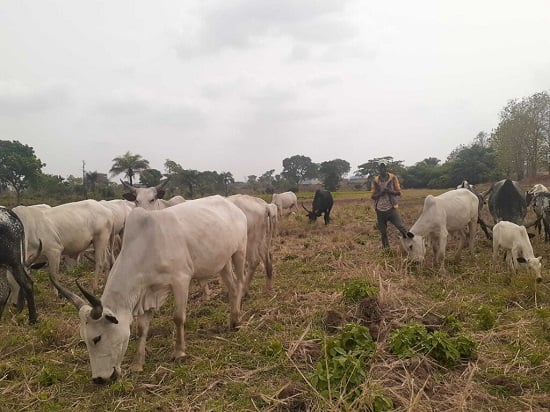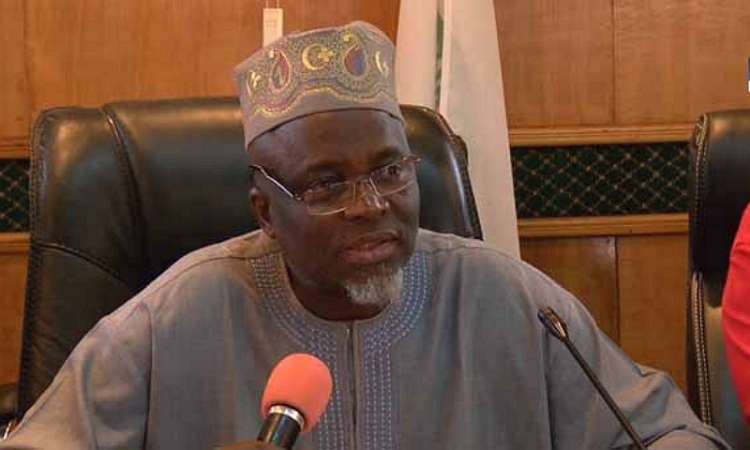BY CHARLES SOKOMBA AKALE
In recent years, the debate surrounding open grazing in Nigeria has escalated from hushed rural concerns to a prominent national discourse. Once considered a routine agricultural practice rooted in the nomadic traditions of pastoralist communities, open grazing has morphed into one of the most divisive and dangerous issues confronting the country today. The frequency and ferocity of herder-farmer clashes, particularly in the Middle Belt and Southern Nigeria, have turned a once-functional way of life into a source of fear, insecurity, and deep political polarisation.
This issue cannot be addressed without acknowledging the complex history behind it. Traditionally, open grazing thrived in a Nigeria with vast unoccupied lands, fewer people, and more predictable rainfall patterns. At that time, nomadic and semi-nomadic cattle rearing posed little threat to sedentary farming communities. However, Nigeria has changed dramatically. The country’s population has soared to over 200 million, urban expansion has consumed much of the once-available grazing land, and climate change has accelerated desertification in the northern regions, pushing herders further south into densely populated farming areas.
In this new reality, open grazing has become an outdated and dangerous practice. Cattle now move through cultivated farmlands, destroying crops and triggering violent retaliations. What begins as a land use dispute often escalates into broader communal or ethno-religious conflict. These confrontations have resulted in thousands of deaths, internal displacement, and economic losses running into billions of naira annually. Beyond the rural economy, the persistent violence undermines national security, fuels insurgency in some regions, and deepens ethnic mistrust.
Advertisement
Despite these grave consequences, the federal government’s response to open grazing has been disjointed at best. While some states, most notably Benue, Ekiti, and Taraba, have taken legislative action to ban open grazing and promote more sustainable livestock systems, the absence of a unified national policy has left a dangerous vacuum. In some cases, federal authorities have even undermined state-level efforts, citing constitutional issues or political considerations. Resistance from powerful interest groups and the politicisation of the issue have further obstructed the path to meaningful reform.
It is no longer tenable for Nigeria to continue in this manner. The country urgently needs a national livestock policy that is forward-looking, inclusive, and sustainable. Central to this policy must be a phased transition from open grazing to ranching and other modern methods of animal husbandry. Ranching allows for better land management, improved animal health, and greater economic efficiency. More importantly, it eliminates the constant movement of livestock that often sparks conflict with farmers.
However, this transition cannot happen overnight and must not be imposed unilaterally. It requires a deliberate strategy involving robust investment in infrastructure such as water systems, veterinary services, and grazing reserves and support for pastoralist education and reorientation. Government agencies, traditional rulers, and civil society must work collaboratively to sensitise herders on the long-term benefits of ranching and help them adapt their practices without losing cultural identity or economic viability.
Advertisement
The federal government should also create an incentive-based framework that encourages private sector participation in livestock development. States that have enacted anti-open grazing laws should be supported with federal grants, technical assistance, and legal backing to ensure implementation. This is not just a matter of law enforcement; it is about building a new system that works for all Nigerians.
Critics of the ranching model often point to cost and cultural resistance as barriers. While those concerns are valid, they pale in comparison to the enormous cost of inaction. Continuing the status quo means more bloodshed, more displacements, and a further erosion of public trust in government. Conversely, embracing modern livestock management can increase productivity, reduce food insecurity, and enhance Nigeria’s standing as a leading livestock economy in West Africa.
Furthermore, examples abound from across Africa and beyond of successful transitions to sustainable livestock systems. Countries like Kenya, Botswana, and South Africa have demonstrated that with political will, community engagement, and strategic investment, traditional pastoral economies can be modernised without cultural extinction or economic collapse.
The time for vague promises and political rhetoric is over. The federal government must show leadership by adopting a clear, coherent, and courageous national policy that phases out open grazing in favour of modern, sustainable livestock practices. It must work hand-in-hand with states, local communities, and international development partners to implement this transition in a way that is fair, inclusive, and effective.
Advertisement
Nigeria cannot afford to continue losing lives, livelihoods, and national cohesion over an issue that is entirely solvable with political courage and visionary leadership. Anything less is a betrayal of the nation’s quest for peace, progress, and prosperity.
Dr. Charles Sokomba Akale is a defence and security sudies scholar with expertise in national security strategy and civil-military relations. He holds a PhD from the Nigeria Defence Academy Postgraduate School, Kaduna. His research focuses on social media management, counterinsurgency, and sustainable security in Nigeria. Dr. Akale has contributed to policy dialogues on state policing and internal security reform. He is a frequent commentator on defence and governance issues in West Africa.
Views expressed by contributors are strictly personal and not of TheCable.








